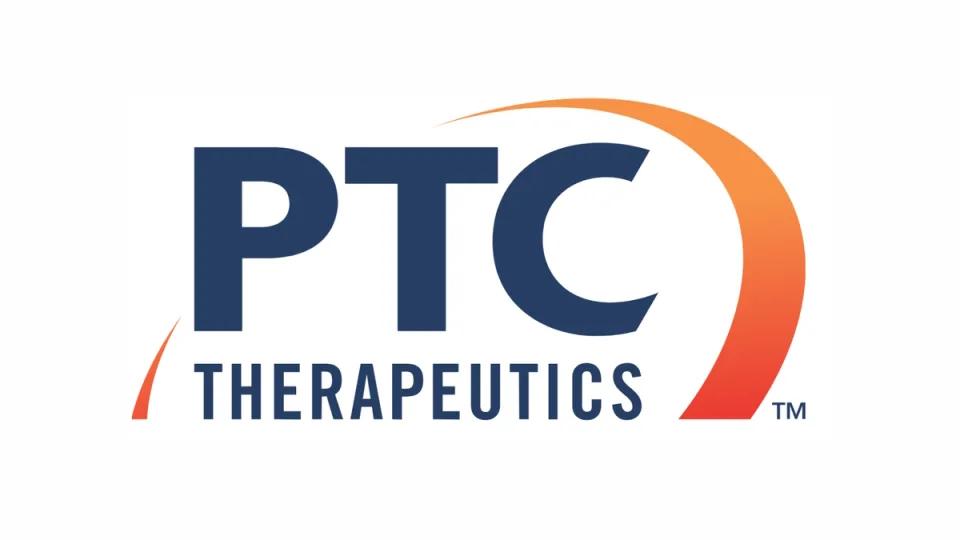PTC eyes filings for PKU therapy after phase 3 win

PTC Therapeutics is on track to file for approval of a new therapy for rare disease phenylketonuria after a positive phase 3 readout that could extend its product portfolio beyond muscular dystrophy for the first time.
PKU is a rare genetic disease that manifests at birth and is marked by an inability to break down phenylalanine (Phe), an amino acid that is commonly found in many foods. Left untreated, high levels of the amino acid become toxic to the brain and may lead to serious neurological and neuropsychological issues.
Dietary restriction of Phe is the first-line therapy for patients, but that can be hard to manage and some patients need drug therapies to control Phe levels.
The results of the APHENITY study went just about as well as could be hoped for PTC, as its sepiapterin drug achieved an impressive 63% reduction in mean blood Phe levels in patients with PKU, its main endpoint.
That was ahead of some analysts’ expectations, and suggests that sepiapterin is heading for FDA approval as an alternative to its main rival – BioMarin’s Kuvan (sapropterin dihydrochloride) - which replaces BH4, a co-factor for the PAH enzyme that’s deficient in patients with PKU. Sepiapterin has a similar mechanism of action.
Kuvan - which works in 30% to 40% of patients - was only able to reduce Phe levels by around a third in its phase 3 trials, although Evaluate points out that was in a more challenging population that included patients with much higher Phe levels at baseline.
BioMarin, meanwhile, also sells another drug for PKU called Palynziq (pegvaliase), but that also only works in a minority of patients and can have serious side effects.
The challenge facing PTC with its new drug is that it will be competing not only with Kuvan itself, but also generics of BioMarin’s drug, which are now available in several markets, including the US, and caused sales to fall from around $50 million in the first quarter from almost $60 million in the same period of 2022. Palynziq grew to $62 million from $54 million a year earlier.
In its favour is that patients with classical PKU - the most severe form of the disease - showed a 69% reduction in Phe levels. That is a group that doesn’t respond to Kuvan, according to RBC Capital Markets analyst Brian Abrahams, although the finding is a little speculative as the number of patients in this category in APHENITY was low.
He said that PTC’s drug could eventually be used in around a third of the estimated 4,800 patients with PKU in the US, which could translate to sales of $400 million a year.
PTC acquired sepiapterin when it bought Censa Pharmaceuticals in 2020 in a deal with a total value of around $260 million, just $40 million of that upfront.
Shares in the company rose around 5% after the announcement, while BioMarin stayed mainly flat.
Sepiapterin, meanwhile, is just one of two PTC products heading for a late-stage readout in the first half of this year. The other is vatiquinone for mitochondrial disease associated seizures and ataxia, in a pair of pivotal trials which are due to generate results in the next few weeks.













